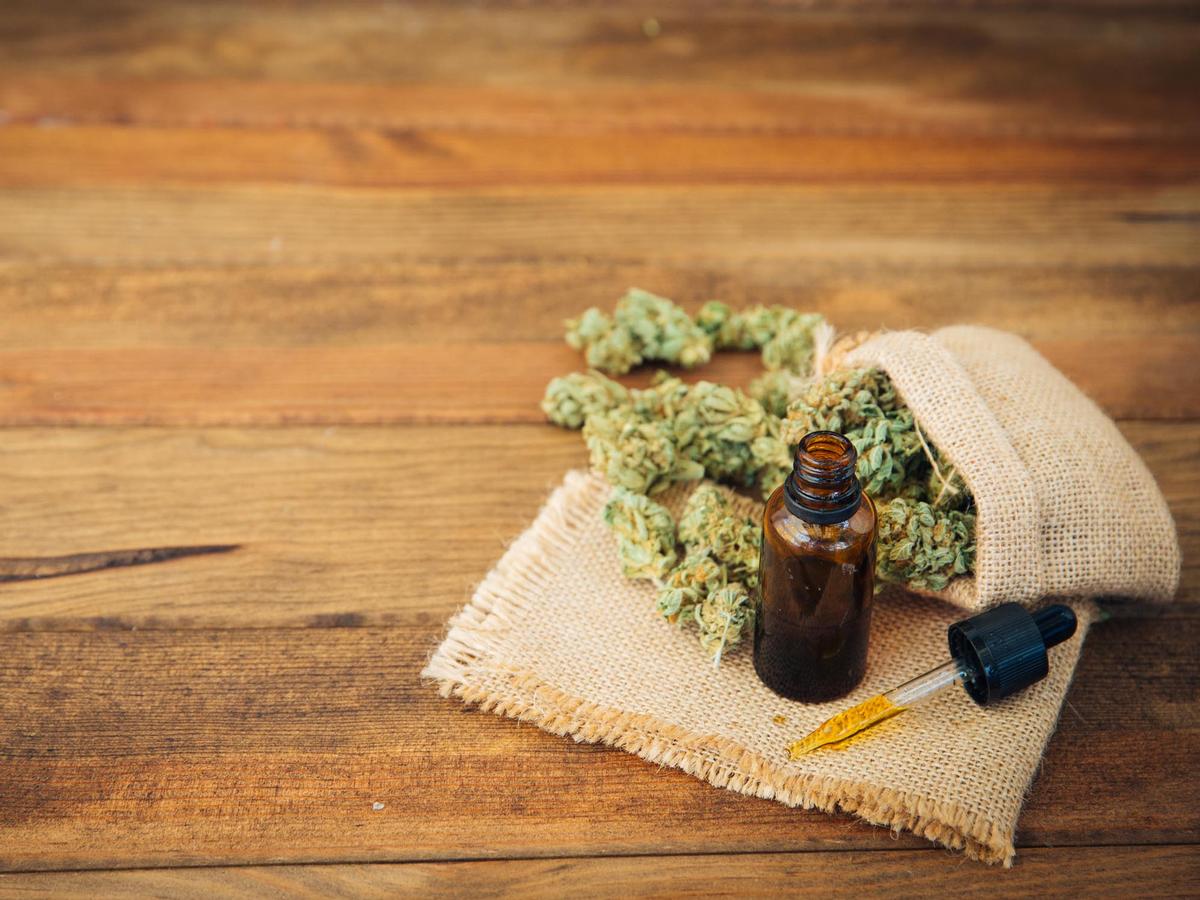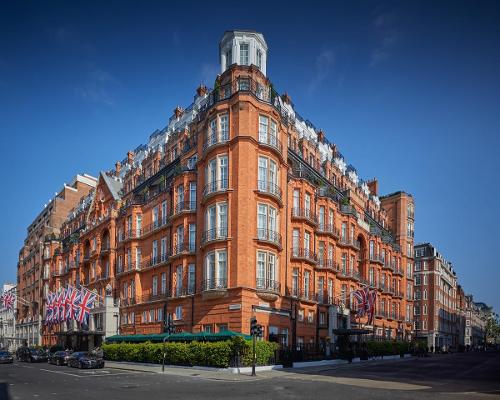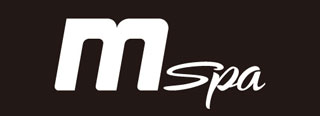
Spa and wellness businesses offering CBD services may be affected by proposed legislation from the Food Standards Agency (FSA), with other food agencies worldwide thought to be considering regulating CBD-related products.
CBD is now regularly found in spa and cosmetic products, oils and food, and has rapidly grown in popularity in the industry, with CBD products and treatments gaining popularity in spas globally.
Nearly half (43 per cent) of the respondents to ISPA’s 2019 US Spa Industry Study forecast that CBD products will be the industry’s next big thing. The report also found that 75 per cent of spas are retailing CBD, while 18 per cent are already using CBD products in facials, body treatments or massages, demonstrating the uptake of CBD products by spas.
Some spas are also offering an oral dose as part of treatments.
The FSA has issued a warning about CBD, urging those who’re pregnant, breastfeeding or taking medication to completely avoid consumption.
The UK regulator recommends that adults generally consume no more than 70mg of CBD a day, unless under medical direction, based on recent findings by the UK government’s Committee on Toxicity (COT).
COT lab testing also indicates that CBD could potentially inflict physiological harm such as liver damage, gastrointestinal adverse effects and haematological abnormalities.
Human trials also show that CBD can potentially inhibit medication such as blood thinners.
The FSA has set CBD businesses a deadline of the 31 March 2021 to submit applications to achieve ‘novel food authorisation’.
Only products which have been validated will be allowed to remain on the market after this date, while unregulated products will be removed from shelves.
Although the FSA began regulating the UK market in January 2019, no CBD products have been authorised and consumers remain unaware of potential hazards.
An FSA CBD Consumer Research Report into CBD extract users from September 2019 highlights that because CBD products are freely available from large high street and online retailers, this automatically legitimises them in the eyes of consumers.
Despite high prices, some retail products have been tested and found to contain either low levels of CBD, potentially dangerous ingredients or high levels of tetrahydrocannabinol (known as THC), the psychoactive compound in cannabis.
Liz Terry, editorial director of Spa Business and Spa Opportunities, says increased regulation of CBD products will have implications for the spa and wellness industry.
“The industry has worked hard to build a reputation for efficacy and scientifically proven outcomes and to lose its reputation for fluff,” said Terry.
“Operators and suppliers need to tread carefully when it comes to offering CBD treatments, to ensure the industry stays in line with the latest science and is mindful of best practice.
“Medics are already advising caution in the use of CBD internally where people are on allopathic medication, as it’s known to alter the effects of some drugs, such as widely-used anti-stroke medications.”
She continued: “We advise sensible monitoring of guidelines and immediate changes of policy where new science becomes available.
“Spa and wellness businesses should also avoid an over-reliance on CBD products to limit business exposure in the event that guidelines are published to restrict their use.
“These are early days for CBD in the industry and as regulators move in and create the necessary framework for CBD to join the mainstream, we’ll either have confirmation of safety and guidelines to follow in relation to their use or proof that they’re contra-indicated for some people.
“Both outcomes would be in the best interests of our customers, so we see this as a time for patience, collaboration with the authorities and a common-sense approach to the offer of treatments using CBD.”























